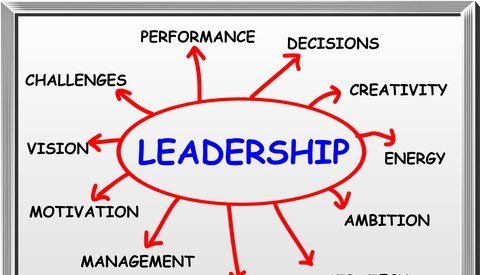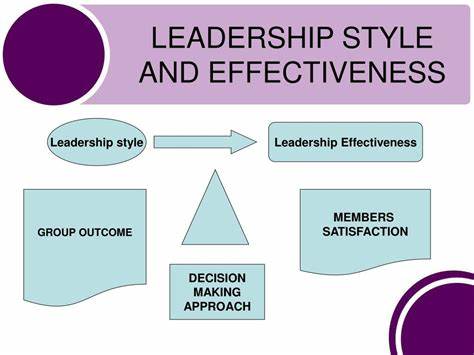Leadership is the cornerstone of successful organizations. It defines the direction, motivation, and performance of a team. A vital aspect of effective leadership lies in the style adopted by a leader. Understanding various leadership styles and their impact on success is crucial for anyone in a position of leadership or aspiring to be.
Table of contents
Understanding Different Leadership Styles

There are various leadership styles at your disposal. Each has unique traits and scope. Although you may find massive information over the internet regarding leadership styles. While excessive data often mis leads you into making a wrong decision. In order to make things easy for you we are going to explain them below
| Leadership Style | Description |
| Authoritarian | Involves a leader who maintains strict control over decisions and directives, typically without much input or feedback from the team. Decision-making is centralized, and instructions are clear. |
| Democratic | Encourages active participation from team members in the decision-making process. It fosters collaboration, values diverse perspectives, and allows input from various team members. |
| Transformational | Leaders in this style inspire and motivate their team by presenting a compelling vision. They encourage innovation, growth, and positive change within the organization or group. |
| Laissez-Faire | This style allows team members a high degree of autonomy in decision-making. The leader provides minimal guidance, fostering creativity and independence among team members. |
Exploring the Impact of Leadership Styles on Success
The choice of leadership style significantly influences the success of an organization. Each style has its strengths and weaknesses, affecting team dynamics and overall outcomes. For instance, while authoritarian leadership may ensure quick decision-making, it might stifle creativity and innovation due to its rigid structure.
Characteristics of a Successful Leadership Style

Successful leadership embodies visionary thinking, excellent communication, adaptability, and flexibility. Leaders who can articulate a clear vision and communicate effectively tend to inspire their teams towards achieving goals.
- Visionary Thinking: Leaders should have a clear vision for the future and the ability to inspire others to share that vision.
- Effective Communication: Strong communication skills are essential for conveying ideas, goals, and expectations clearly to the team.
- Adaptability and Flexibility: Successful leaders can adapt to changing situations, embrace new ideas, and remain flexible in their approach.
- Empowerment and Delegation: They empower their team members, delegate tasks effectively, and trust their team to achieve objectives.
- Decisiveness: Being able to make informed and timely decisions is crucial for effective leadership.
- Problem-solving skills: Leaders should be adept at identifying and resolving challenges that arise within the team or organization.
Implementing an Effective Leadership Style

Recognizing situations that demand different leadership styles is crucial. Developing a versatile skill set helps leaders adapt to diverse scenarios, ensuring a more effective leadership approach.
- Situational Awareness: Being able to recognize different situations and understanding which leadership style would be most effective in each scenario is crucial.
- Versatility in Approach: Developing a range of leadership skills allows leaders to adapt their style to suit diverse situations, teams, or challenges.
- Understanding Team Dynamics: Leaders should grasp the dynamics within their team, including strengths, weaknesses, and individual personalities, to tailor their approach accordingly.
- Flexibility in Communication: Being able to communicate in various ways, adjusting language and tone to resonate with different team members, enhances understanding and engagement.
- Adaptive Decision-Making: Leaders should be capable of adjusting their decision-making process based on the situation, whether it requires quick, decisive action or collaborative input.
Case Studies on Successful Leadership Styles
Examining real-life examples of successful leaders and their chosen styles provides insights into practical applications. For instance, leaders like Steve Jobs (transformational) and Mahatma Gandhi (democratic) exemplify successful leadership styles that have shaped industries and nations.
Conclusion
There is no one-size-fits-all approach to leadership. Successful leadership encompasses understanding various styles and leveraging them appropriately. Effective leadership is not just about a specific style but about being adaptable and employing the right style in the right context.
Readmore:
Most Important Factors for Startup Success
Sustainable Entrepreneurship: Balancing Profit and Purpose
Is Entrepreneur Born or Made?
FAQs
Successful leadership styles possess traits like vision, communication skills, and adaptability.
No, success often requires a blend of different styles tailored to specific situations.
Yes, for instance, while authoritarian leadership ensures quick decisions, it might discourage creativity.
Adaptability is crucial as it allows leaders to tailor their approach to different situations.

